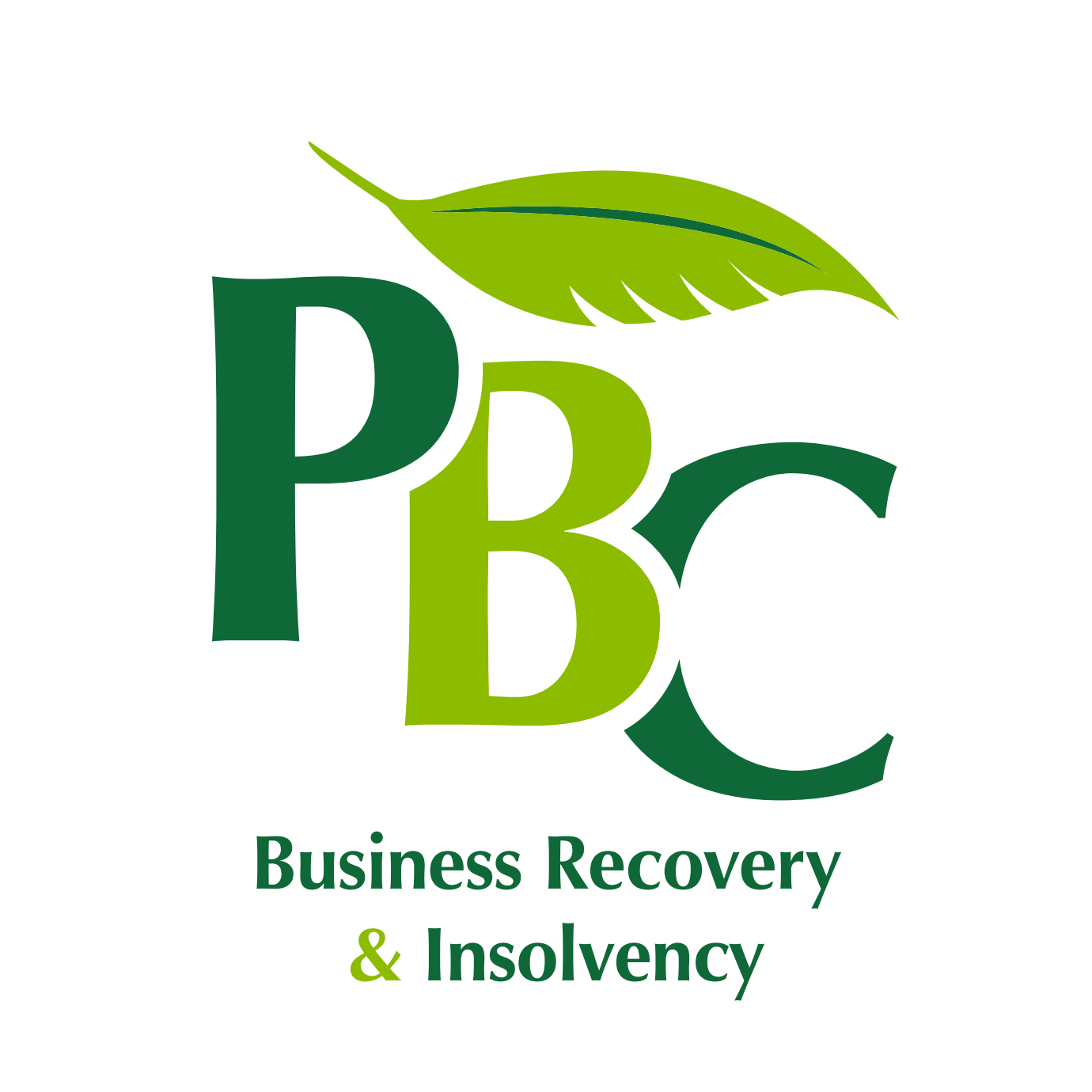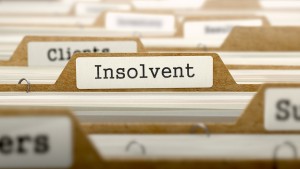
Do have a dog but try to bark yourself? They (dogs) are pretty good at it and are certainly better than me so I tend to let them do what they are better at!
So, why is there an apparent reluctance to consult with an insolvency practitioner (“IP”) until the very last minute, if at all? I will say now I have a huge amount of respect for those who come to see me. After all I am a stranger to them and they are being asked to reveal all of their issues on a point of trust I may steer them in the right direction.
Some of the subjects we have been approached to assist on include:
- A customer has gone insolvent and the creditor is unaware of their rights or need guidance on the meaning of documents received.
- A business is being handled by an administrator (or liquidator) and you are interested in the acquisition.
- The IP is telling you that the goods you supplied are going to be sold for the benefit of creditors as a whole but what are your rights?
- An IP is threatening me with all sorts of monetary claims.
- My credit card and other domestic debts are out of control.
- Our company is in financial difficulty.
The insolvency business is a highly specialised area with less than 1,100 appointment-taking IPs in the UK. The governing legislation provides some immense powers such as lifting the corporate veil and pursuing company officers personally for losses resulting from their conduct, the rights of landlords or suppliers can be controlled, or even prevented. Contacting an IP at an early stage may make the necessary route you need to take smoother, it may even mean you have more than one option. Leaving it until things are getting to a critical level often leads to a very costly and damaging outcome.
For those who need convincing, in a case I am looking at a gentleman tried to handle a bankruptcy petition that had been presented against him in person. Because he did not appreciate the court procedures he ended up being made bankrupt. His asset value (home and land) is over double that of his principal debts but he is now facing the prospect of losing his home in order to clear the bankruptcy and the costs inherent with bankruptcy. Had he taken timely advice this could have been avoided and the anticipated cost a fraction of what they are now going to be.
So, the message is clear. IPs are not monsters and are there to bark for you when the highly specialised subject of insolvency comes looming.
If you require any advice or assistance on any insolvency-related matter then please contact Gary Pettit or Gavin Bates at PBC Business Recovery & Insolvency on (01604) 212150.






